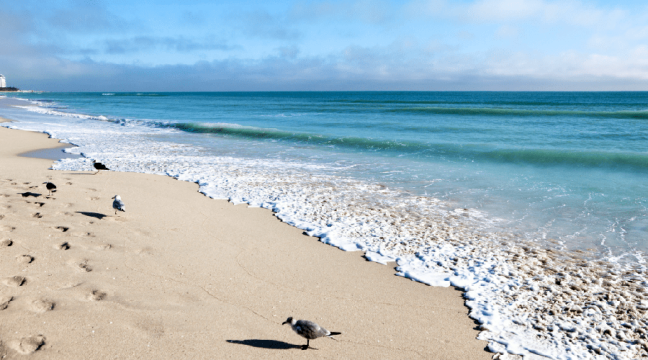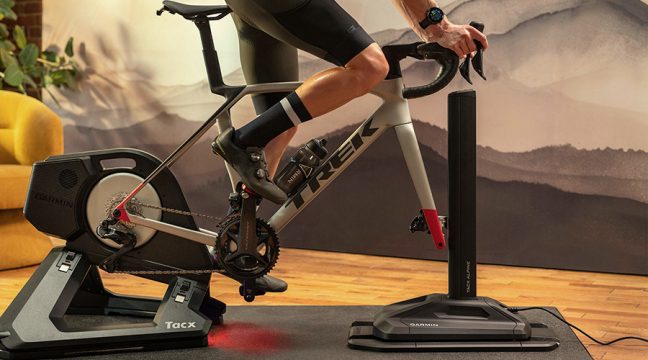The brainchild of Founder Michael Kleinwort, Kora was established in 2013 as a technical clothing brand centered around yak wool – priding itself on efforts to support economic stability and environmental protection in the Himalayas.
The innovative technical apparel is now being introduced to U.S. markets with what it calls “the most advanced and performance-driven baselayer apparel ever made.” The company is based in London and in Hong Kong, where Kleinwort lives and works.

Kora Founder Michael Kleinwort
By primarily using yak wool, which few other outdoor apparel companies, but a small handful of lifestyle consumer apparel brands uses primarily in sweaters, Kora helps its supplying yak herders generate stable incomes. The process of developing raw wool from the mountain to final production is long and difficult, thereby making a direct relationship with its Himalayan herders/suppliers essential.
Kora is continually in dialogue with herders – checking product quality, fine-tuning development and ensuring all products are made under ethical, environmentally sound conditions. For the past three years they have worked with the Kegawa Herders’ Coorperative, a group of 80 herder families.
Kora said the material outperforms Merino and poly, quoting a study commissioned from Sheffield Hallam University’s Centre for Sport and Exercise Science on core temperature preservation. Another independent test, according to the brand, showed that Hima-Layer is 40 percent warmer, has 66 percent greater air permeability and 17 percent greater water vapor permeability than merino wool fabrics. It also features the anti-bacterial qualities associated with Merino. Kora said the difference could be credited to the environment, as yaks live at higher altitudes than sheep and have evolved to survive harsher colds. Merino sheep typically graze at around 1,000 meters above sea level, whereas yaks live at 4,000 to 5,000 meters, Kora said.
“Having evolved over thousands of years to protect these animals in the extreme conditions of the Himalayas, yak wool is an incredibly advanced material,” said Kleinwort. “Between the high performing properties of the wool and the opportunity to support economic development in the nomadic, herding communities, the birth of Kora is a tremendous new offering in the outdoor community.”
Kora also says that yak wool is incredibly fine and therefore more comfortable, and is collected in a humane way (being plucked from the animals during molting season, not sheared). Community based harvesting methods are low impact on the animals and the environment.

Photo courtesy of Kora
Kora sources wool from a network of local agents and also buys directly from the Kegawa Herders’ Cooperative, buying at a premium over the market price to provide reliable income to the communities.
This Kegawa-sourced wool will be used in the 2015/2016 Kora baselayers, which include: ShoLa 230 Zip, $162; ShoLa 230 Leggings, $147; ShoLa 230 Crew, $147; Women’s ShoLa 230 Zip, $162; Women’s ShoLa 230 Leggings, $147; and Women’s ShoLa 230 Crew, $147.
Our initial testing of Fall product showed the baselayers to be extremely fine-woven and comfortable next to skin, as warm compared to wool of similar thickness, and while perhaps not two-thirds more breathable, it performed extremely well during cool morning outdoor activity. Certainly something unique that, combined with its environmental story, is easy to get excited about.










